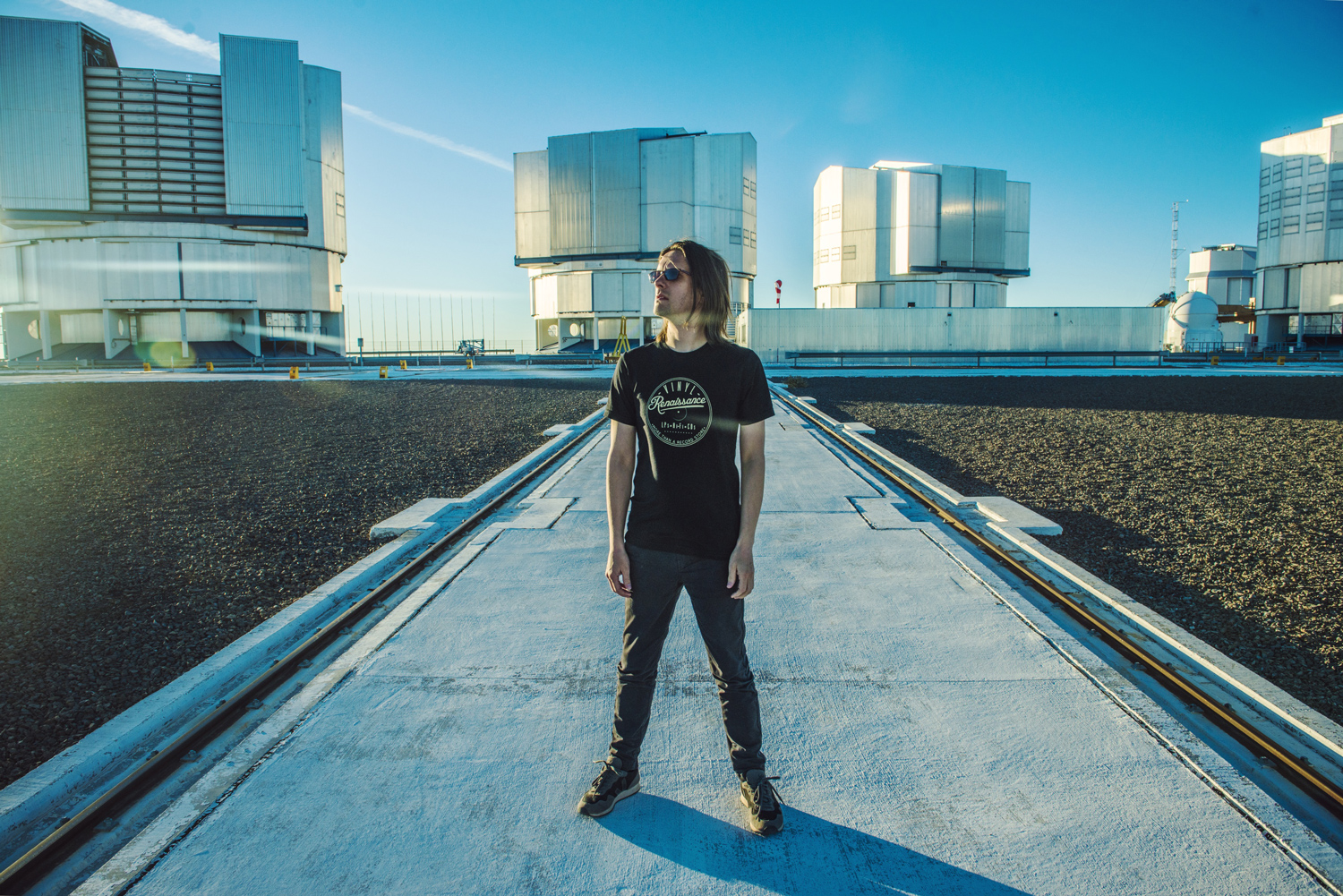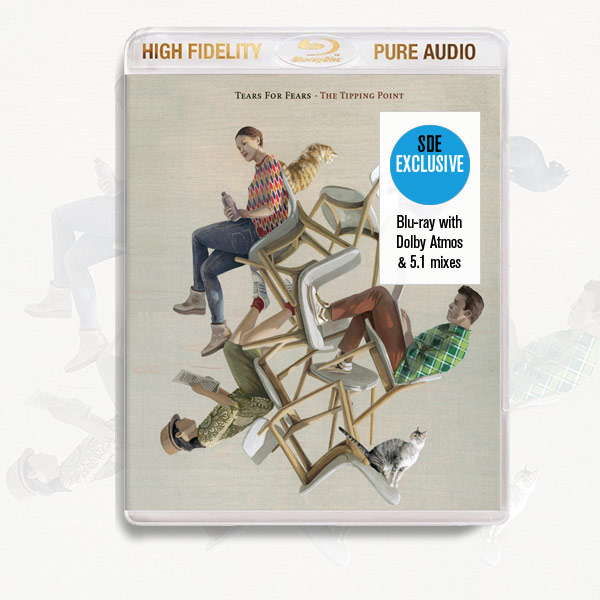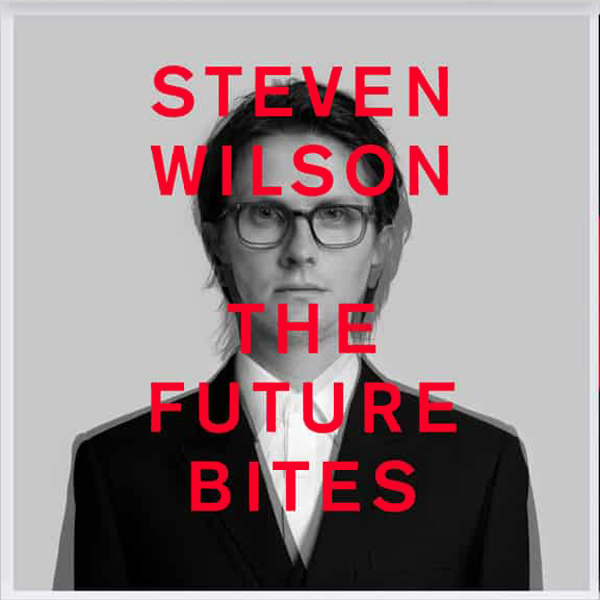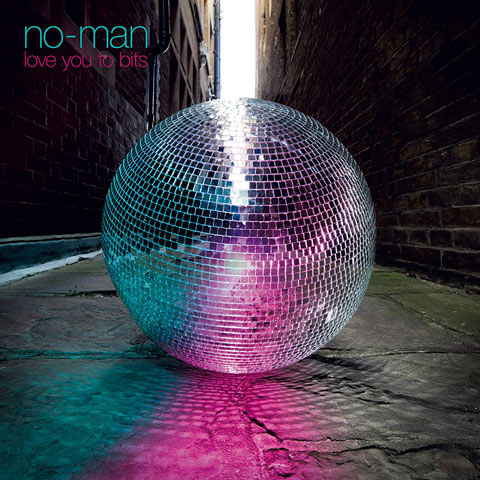Steven Wilson interview: To The Bone

Photo by Lasse Hoile
Steven Wilson‘s fifth studio album, To The Bone is released this week. SDE caught up with the musician and songwriter recently to discuss the record and to explore the fan-artist relationship in the 21st century…
SuperDeluxeEdition: How are you feeling about the album, two weeks from release? Artists notoriously think their new album is the best thing they’ve ever done, whereas fans won’t always agree!
Steven Wilson: Honestly, I’m not sure I want to hear it again for a long, long time [laughs] but at the same time, I’m also very proud of it and I think one of the things you picked up on there, in your question, is that there is something about an artists’ current album that is always the closest to that person as they are at that time in their life. Musically speaking, I’m in a different place to where I was when I was making my earlier records – obviously – so this record reflects closest where my musical passions right now lie. So in that sense, the current record is always going to be the one closest to any artists’ heart, I think. There are some artists who go through the motions and keep making records for the sake of it… that’s a different thing. I make records because I love to make records. I enjoy the process of making records. I enjoy the process of moving forward and changing and confronting the expectations of the audience. I think that’s part of what being an artist is. If you want to be an entertainer, that’s a different thing. If you want to be an artist, you have to ultimately do things to please yourself, but there’s kind of an inherent paradox there. You know, being an artist [and] needing to have an audience… but ultimately at the same time to be an artist, truly you have to be very selfish in the way you go about making records and conduct your career. That’s a very convoluted answer to your question, because it’s a very complex thing. Fans tend to always love the album that was the one that was the door that they walked through, into that artists’ world. And I’m the same. It’s always the album where you fell in love with that artist for the first time. That will always be closest to your heart. And the artist in some ways is doomed never to be able to satisfy that kind of need, to repeat that experience of discovery [laughs] …so in some senses as an artist you can never give the audience back that buzz that they had when they first walked into your universe. So you don’t try… I don’t try, in a way.

SDE: Thematically, “To The Bone” is not a bundle of laughs… you’re reflecting a lot of what is wrong with society. Are you depressed at the world we live in, in 2017?
SW: Well, who isn’t? I don’t think anyone can look around the world they live in right now and not see that there are a lot of problems inherent.. not just politics and the refugee crisis, but problems inherent in the way the human species thinks and has evolved. Unfortunately, it’s been very much facilitated by things like the internet. The amount of negativity that seems to be spread around. I mean you run a website, so you see it yourself. It seems to me a lot of the time, the primal impulse of anyone on the internet is to criticise and to pick holes in things. It’s a very unfortunate thing, that seems to be deep in the nature of the human species. And I suppose in many ways, I’m a hypocrite for pointing that out, because as you say, my albums tend to be quite negative and critical things, but I’m one of those people who tends to look on ‘the glass half full’ side of things. But having said that, for the first time on this record, there is some joy. I haven’t really been known for my joyous outlook on life, so there is actually a little bit of a change on this record. Songs like Permanating, Nowhere Now and Song of Unborn; they do have a more positive perspective than perhaps people would traditionally associate with me.

SDE: “Permanating”, in particular, is quite different to what people might expect from you and from the other tracks on the album. Did you have sleepless nights, worrying about whether to include it, or not?
SW: No, in fact it was the opposite. I couldn’t wait to put the cat amongst the pigeons. I knew it was going to upset a lot of my fans and I relish that in a way, because to me that’s all positive. The worst thing I do can, I think – this comes back to what I was saying earlier – is to feel like I’m just catering for the fans. Fans generally – not all of them – but a lot of them, just want more of the same. And to me, if you’re creating controversy, it means you’re doing something right. I couldn’t wait. And it wasn’t something that was contrived to create controversy. It was something that came very naturally from my love of great pop which has always been there. Anyone who knows me and has read my interviews, will know I’ve always talked about ABBA as being one of my formative influences and my love of great pop music, but for whatever reason it’s never really manifested in my own work, until now. I can’t really explain why it’s taken so long to manifest, but I’m extremely proud of that song [Permanating].. it is something that a lot of people are going to be quite surprised and even upset about, but I think that’s part of the contract of being an artist and having a fanbase.
SDE: The record opens up with a spoken quotation about the nature of ‘truth’ and the title track is very much about that. In this world of ‘alternative facts’, ‘fake news’ and all the rest of it, where do you find truth coming from these days? When you look back at ‘old media’, if you like, you’ve always had newspapers that have a political angle or agenda, so what is ‘truth’ and where do you find it?
SW: It’s a very good question. The more I think about it the more I think that truth is one of those abstract concepts that doesn’t really exist. Because everyone has their own idea of ‘truth’ but even as I’m saying that, that is an oxymoron because you cannot have your own idea of truth – truth is an absolute. But what I think a lot of the time human beings call ‘truth’ is actually perspective, it’s not truth at all. And you know what I was referring to about people who go online and express their opinion – everyone tends to express their opinion as kind of incontrovertible fact. It’s something we do. We say, “this album sucks”, or “this movie is incredible”…What we’re actually saying there is something which is very personal and is very much an opinion. But we tend to express things as absolute truth. As absolute reality, as absolute fact. And the more you think about it, the more you think, well actually truth is something that is intangible – it’s an unreachable ideal, for human beings, because everything, everything we believe about our lives, is filtered through our own agenda. And that agenda can be something to do with your race, your gender, your politics, religion, your upbringing and everything else that goes with it. So the more I think about it, the more I think ‘To The Bone’ is kind of an ironic thing, because it’s almost impossible really, to get to the core of what is true. It’s an abstract concept, it doesn’t really exist.

SDE: Even though there are linking themes between the songs, there is not a high conceptual narrative to this record as there was for 2014’s “Hand.Cannot.Erase.” Did you view not being locked into that structure as a freedom, when you were making this record?
SW: I think it works in its favour, because I’d already decided I wanted this album to be more about the art of songwriting and less about the overall concept. Having already made the decision to perhaps do a more direct song-based record, or some would say ‘pop’ record – although some people view ‘pop’ as a pejorative term, but when I say pop, I mean pop in the very broadest sense. But having made that decision, I think in a way it suited it better that there wasn’t this kind of overriding narrative going on, which would have necessitated me going down various conceptual alleyways. And also, the concepts for Hand.Cannot.Erase. came to me – it wasn’t something I went looking for. And I think one of the worst things you can do is to go looking for concepts. If they don’t present themselves, then don’t contrive to make a story-based album. And I think what was very apparent to me when I was writing the songs for this record was what was going on in the world, whether it was Brexit, Donald Trump, or the refugee crisis or religious fundamentalist terrorists…. I think this album is more like a book of short stories, shall we say, rather than a novel.

SDE: Putting aside lyrics/themes, how do you control how the record will sound – the production. Do you control it, or does it develop as a result of the musicians working on it?
SW: I think I do set myself certain parameters at the beginning of a project. So for example, the one I’ve already mentioned, that I decided that I was going to focus on songwriting and perhaps be more concise. I decided I was going to play a lot more of the instruments myself on this record, and again, that’s quite a departure from say, Hand. Cannot. Erase., which was pretty much a band. You’re listening to the sound of a band there. I took a band into the studio and we recorded the album in a relatively short period of time and this time it was more about… I went into the studio with a co-producer, a guy named Paul Stacey and pretty much experimented for a couple of months. And I ended up playing most of the guitar, most of the bass and a lot of the keyboards myself and experimenting with different instruments, bringing in different musicians, having a co-producer, being in a studio scenario where I wasn’t working against the clock, because I pretty much had an open-ended situation with Paul and his studio… So all of those things, I think changed the dynamic, changed the sound of the record. I think one of the things about being a solo artist is of course that one of the things that you can never change, is you. And any solo artist has their own cliches and their own comfort zone, but the one thing you can do, and this is what Bowie was so good at, is that you change the people around you and the musicians you work with and that and that can also change the whole complexion and sound of your music.
SDE: You clearly have artistic goals when starting a new album but what are your commercial goals? Is attempting to shift large numbers of albums realistic, in this era?
SW: I’d be lying if I said I didn’t think about stuff like that, but I don’t think it happens until the album is finished. So to me the album has to be made in kind of a vacuum, really. You don’t think about whether there’s a single on there, you don’t think about what the fans are going to make of it, you don’t think about what the record company are going to make of it, you just make the record for yourself. But having said that, once the record’s finished, I’m very happy, and I’ve always been happy, to play the games you need to, to reach as many people as you can. And I say that in the knowledge that there are some people that find that very difficult. There are some great artists out there, some great musicians who’ve always found that side of the industry, very, very difficult and I haven’t. I kind of embrace it and enjoy it, in a sense. You can tell I enjoy talking about music. I’m very happy to do the promotional thing and just go out there and talk about my music. And I enjoy touring and I enjoy making videos. In terms of the specifics of what you ask, I’ve been doing this for 25 years now, Paul, and I’m a bit cynical about the whole thing. I think by this time, I expect nothing [laughs]… but I still try. So you know, a song like Permanating, 25 years ago, there’s no doubt in my mind that that would have been a big hit, but we live in a very different world.
SDE: Others might see your position and be envious, since you’re not a household name – so no fame ‘baggage’ – but you do conduct massively successful tours playing to hundreds of thousands of people. Do you yearn more for the spotlight and to be ‘mainstream’?
SW: I think it’s natural for anyone that believes in what they do to want to share it with as many people as possible. The difference for me is that with a band like Radiohead or Muse, neither of whom are a million miles away in musical style from what I do, pretty much everyone has at least had the chance to hear their music and decide whether they like it or not. Whereas with my music I’d guess 90% of people who listen to rock or pop music on more than just a casual basis have still never heard of me or had the chance to decide whether they like what I do or not. I don’t feel that my music is especially difficult to enjoy, so that is a frustration, which is why I still work as hard as I do on promotion.

SDE: You seem to understand the fan-artist relationship very well and always deliver interesting packages and physical product with good bonus content etc. This is by no means normal – where does that come from?
SW: Quite simply because I’m still someone that’s very passionate about listening to and collecting music myself, and in that respect I’m still a fan myself. I buy a lot of physical CDs and vinyl, and if it’s an album that means a lot to me, I know how special it is to be able to cherish and treasure a beautiful edition of it as a physical piece. In some respects, I feel that human race is losing touch with the idea that a lot of what defines us are the possessions we choose to surround ourselves with. I used to be able to learn so much about a person I just met by looking through their books, music, and movie collection. Now there are a lot of people out there that don’t have any of those things, and to me that’s like half their personality is missing!
SDE: You’re known for being a sympathetic remixer of other artists’ work, such as Yes, XTC, Tears For Fears etc. When you are deconstructing their music, what do you learn? Do you pinch ideas?
SW: Absolutely! One of the joys of doing that is that I treat it like an education. Quite often the artists themselves don’t remember how they did something…. Like Roland from Tears For Fears or Andy from XTC. I end up having to figure it out myself! And then it becomes part of my toolkit.
SDE: The box set edition of “To The Bone” includes a significant amount of bonus audio. Do you have any reservations about laying everything on the table from the outset – demos, interviews, documentaries? There’s no ‘mystery’ anymore, is there?
SW: Yes, I’m a little torn about this. Part of me still loves the old idea that you could release 10 or so new perfectly realised songs to your fans every year or so, maybe an occasional B-side, and that was about it. Special editions with bonus material are great and I love them, but I feel like they are the kind of things that should come out years later as historical documents. Now we have a climate where these things are often made available with the very first release of an album. The reality is that if I just released a CD with 10 songs on it, many people would feel they didn’t need to buy the physical product at all, and would be just as happy streaming it on Spotify, so it’s become all about how much extra value you can add to a new album to persuade them that they still need to buy the physical product. It’s not such a bad thing, and of course it makes artists think a lot more about presentation and being creative, but there’s no doubt in my mind that the possibilities for creating enigma and mystery, even the very notion of the ‘rock star’, have all but disappeared. And maybe that was always inevitable, the golden age couldn’t last forever.
Thanks to Steven Wilson who was talking to Paul Sinclair for SuperDeluxeEdition.com. To The Bone is out tomorrow (18 August) on Caroline International.
Compare prices and pre-order

Wilson, Steven
to the bone - blu-ray audio
Compare prices and pre-order

Steven Wilson
to the bone - 2LP Vinyl edition

|
|
||||||||||||||||||||||||||||||||||||||||||||||||||||||
Compare prices and pre-order

Steven Wilson
to the bone - CD edition

|
|
||||||||||||||||||||||||||||||||||||||||||||||||||||||
![]()
To The Bone
- 1. To The Bone
- 2. Nowhere Now
- 3. Pariah [feat. Ninet Tayeb]
- 4. The Same Asylum As Before
- 5. Refuge
- 6. Permanating
- 7. Blank Tapes [feat. Ninet Tayeb]
- 8. People Who Eat Darkness
- 9. Song Of I [feat. Sophie Hunger]
- 10. Detonation
- 11. Song Of Unborn

 Interview
Interview



By Paul Sinclair
48